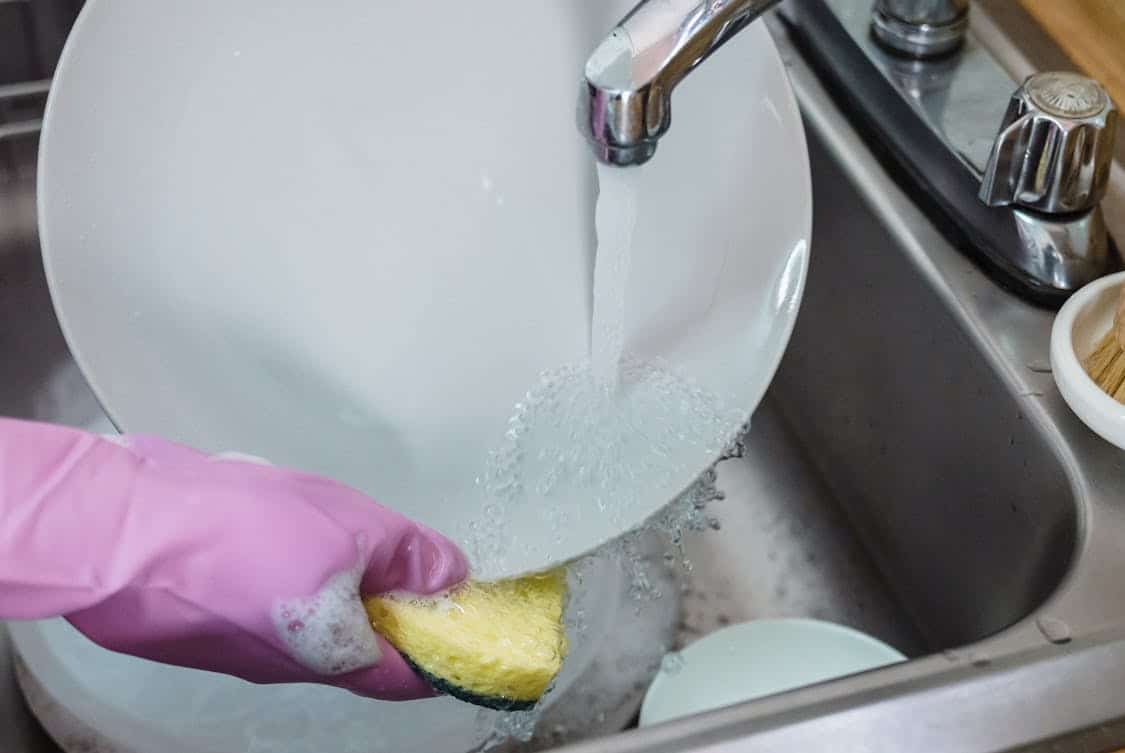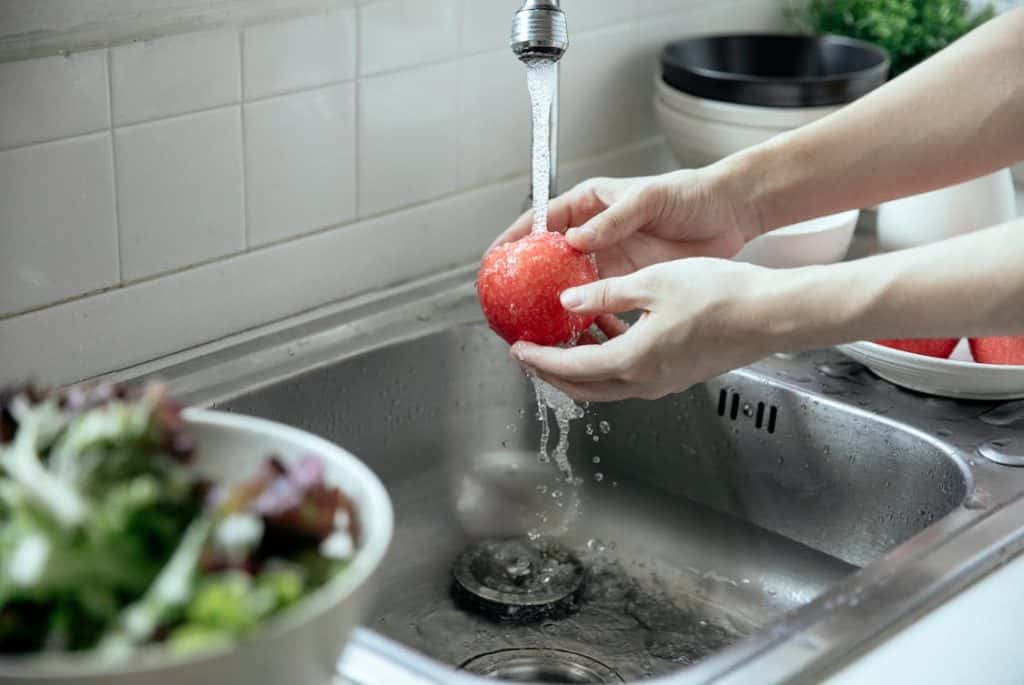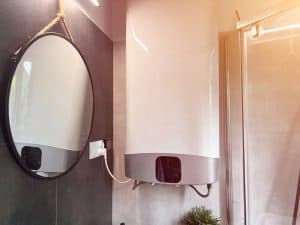Kitchen drains are notorious for becoming clogged. It’s a common headache that many homeowners face. Whether it’s a minor inconvenience or a major plumbing crisis, understanding the reasons behind these clogs can make maintaining your kitchen sink a little easier.
Food Particles and Grease Build-Up
One of the leading causes of clogged kitchen drains is food particles. When washing dishes, scraps of food often go down the sink. Even if you think they’re small enough to wash away, they can accumulate over time.
Alongside food bits, grease from cooking is another major offender. Fats can solidify in pipes, creating blockages that can be tricky to clear.
It’s easy to overlook how much grease can build up. Cooking oils and butter might seem harmless, but they tend to cling to the insides of pipes. Once they start to catch food debris, you have a recipe for trouble.
If you’re looking for a quick way to fix clogged drain issues caused by grease or food particles, regularly cleaning your sink and properly disposing of waste can help keep things flowing smoothly.
Improper Disposal of Non-Food Items
Another surprising culprit in clogged drains is the disposal of non-food items. Items like coffee grounds, eggshells, and even paper products often find their way into kitchen sinks.
While coffee grounds might seem benign, they can clump together with grease and create a stubborn blockage.
Eggshells, while organic, can break into small pieces that stick to grease and other debris. It’s crucial to remember that your kitchen drain isn’t a trash can.
Establishing a policy of what can and cannot go down the sink is key to preventing blockages.
Soap and Detergent Residue

Cleaning products play a significant role in kitchen drain maintenance too.
Most dish soaps contain fats and oils that can contribute to build-up. These residues can combine with food particles and grease, leading to clogs over time.
Many people don’t realize the soap they use can cause long-term issues.
It’s wise to opt for biodegradable or less greasy alternatives when possible. This small change can help keep your pipes cleaner and flowing freely.
Pipe Design and Slopes
An unexpected factor in clogging is the design of your piping system. Kitchen sinks often have a variety of bends and slopes.
If the slope is too shallow, water may not flow as effectively, leading to residue accumulation.
Older homes might have plumbing that isn’t optimized for modern usage.
If you find yourself dealing with frequent clogs, it could be worth consulting a professional plumber. They can assess whether your plumbing design is contributing to drainage issues.
Hair and Other Materials
While hair is more commonly associated with bathroom drains, it can sneak into kitchen sinks too. Long strands can wash down during cleaning sessions, and once they mix with grease and food particles, they can form a tangled mess.
Other materials, like fabric from kitchen towels, can also contribute to blockages. It’s wise to be diligent when washing dishes or cleaning around the sink. Regular checks for any stray items can prevent unexpected clogs.
Lack of Maintenance
Like any part of your home, drains require maintenance. Neglecting regular cleaning can lead to significant build-up over time. Simple practices such as flushing your drain with hot water can help break down grease and prevent clogs.
Some people might think that drain cleaners will solve all their problems. While they can be effective in the short term, overreliance on chemical solutions can damage pipes. Natural alternatives, such as baking soda and vinegar, can be gentler and equally effective.
Seasonal Changes and Cooking Habits
Seasonal cooking habits can also influence how often your kitchen drain clogs. During the holidays, for instance, people tend to cook larger meals, resulting in more food waste. This increased volume can overwhelm a drain that’s already struggling with build-up.
It’s wise to be particularly vigilant during busy cooking seasons. Having a plan for disposing of excess waste can help keep your drains clear. Setting aside compost or utilizing a garbage disposal can make a world of difference.
The Impact of Garbage Disposals
Many kitchens come equipped with garbage disposals, which can be a double-edged sword. While they do help break down food waste, they can also lead to clogs if not used correctly.
Overloading a disposal with too much food or feeding it inappropriate items can lead to plumbing issues.
Understanding how to use a garbage disposal effectively is essential. Avoid putting fibrous foods, bones, or starchy items down the disposal. Instead, feed it small amounts of food waste gradually, allowing it to process items efficiently.
Environmental Factors
Sometimes, the environment plays a role in drain issues. Roots from nearby trees can intrude into sewer lines, disrupting water flow. This isn’t just a kitchen issue, as it can affect your entire plumbing system.
If you notice drainage problems that persist regardless of how well you maintain your kitchen, it might be time for a professional inspection. They can identify any external factors contributing to clogged drains.
The Use of Preventative Measures
Incorporating preventative measures can significantly reduce the chance of clogs. Installing a sink strainer can catch food particles before they enter the drain. This simple tool can save countless hours of frustration.
Regularly cleaning the strainer and disposing of trapped debris can keep your drain flowing smoothly. Other options include enzyme-based drain cleaners that can help break down organic matter without harsh chemicals.
Water Quality and Hardness
Believe it or not, the quality of your water can also affect drainage. Hard water, which contains high mineral content, can lead to scale build-up in pipes. This accumulation can restrict flow and contribute to clogs over time.
If you live in an area with hard water, consider installing a water softener. This can mitigate the mineral build-up in pipes and appliances alike, leading to a healthier plumbing system.
The Importance of Professional Inspections
Sometimes, DIY methods aren’t enough to resolve persistent drain issues. In these cases, calling a plumber can save time and money.
A professional can provide a thorough inspection of your plumbing system, identifying underlying issues that might not be visible to the naked eye.
Regular inspections, especially in older homes, can prevent costly repairs down the line. They can offer solutions tailored to your specific plumbing needs, ensuring your kitchen drains remain clear and efficient.




